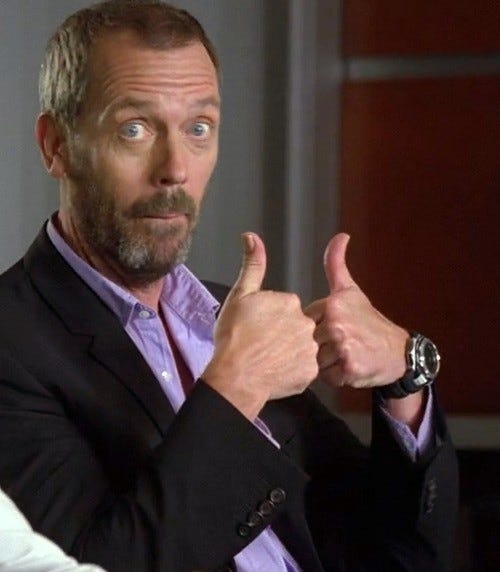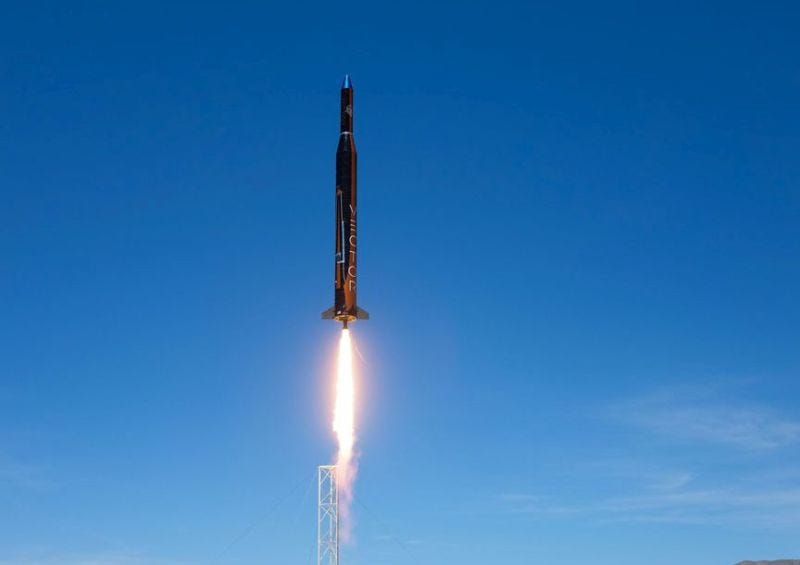In Search of Commons that Scale

The Common Citadel
I will attempt here, to disentangle the way I saw Ethereum back when I first stumbled upon it, and how that train of thought drove me to commit.
But first, I’ll explain what led me down that particular rabbit hole…
Mindset
Like most of my generation, I grew up thinking the world is fucked and that the problem is “The System” — which happens to be Capitalist.
I mean, Capitalism seemed all great after the (self)defeat of Communism, but it just didn’t seem to work as well for us and the planet, as it did for the past generations…
The competitiveness of the markets gradually killed the Good Hearted and Well Intentioned, rewarding the ones maximizing profit; the corporations rose in profits, while the worker wages grew stagnant and benefits deteriorated.
Not to mention what all of this “optimized for one metric” thing is doing to the planet; a never ending, ever growing extraction of natural resources, planned obsolescence etc.
As Vinay Gupta beautifully puts it:
“We’re in a time when the inability of the markets to sensibly price the externalities is literally destroying the world.”
At the time, uneducated and barely out of puberty — I thought the answer was to burn it all down and start from scratch.

Quest
It became my obsession to figure out why exactly the world is the way it is.
My journey went from unfounded conspiracy theories to “established truths”, from Marx and James C. Scott all the way to the far ends of “Austrian Economics” thinkers. Point is, I was spending ridiculous amounts of time looking into socioeconomic systems:
What makes them tick,
What makes them fail,
How to do better.
And although I was obviously leaning ever closer to the “free markets” side of the argument, I was still certain that the conclusion “just pursue self interest” and “markets should be free” — is just not the way to go about…

One thing that really stuck out for me was this concept of a “Resource-Based Economy”;
Inspired by the Great Depression of 1920s, the term was coined by Jacques Fresco — a self-taught economist/sociologist who proceeded to dedicate his life to developing the concept.
His thinking went something like:
“I saw that the factories are all still there, and the people that worked them were also all still there — So what’s the problem?”
Later popularized by the Zeitgeist documentaries, Venus Project aimed to present to the world a viable alternative to the current “money-based” economic systems.
In theory, it all sounded very nice — except the “how to actually get there” part was non-existent. Not to mention the illustrations of his Utopia made me anxious; would anyone really want to live in a city that looks like this?

Maybe, but somehow doubt it…
So I turned my attention back to reality. There actually already exist places that operate on principles presented by Jacques — and they look nothing like what he imagined.
In modernity, they like to tag themselves “off the grid”, “self-sustainable” or “eco-villages” — but they’re nothing new, really. There’s probably countless villages operating on similar principles — without a modern label.
Point is, small communities have always been able to organize in “resource-based-economies”. There is no tragedy of the commons, because it’s hard to be an asshole in the village — everyone knows you. It’s always scaling that brings the tragedy.
Gold
Then I found Ethereum, and it blew my mind.
“Holy shit, this is the software infrastructure for scaling those above the Dunbar’s number!”

My mind was immediately 100% occupied by it.
The possibilities of this single, decentralized, programmable database seemed endless.
From identity, to governance and work/reward distribution systems— anything seemed possible. Uber without the Uber, Airbnb without the Airbnb, States without the head…
Decentralized autonomous organizations, they called them. Instead of companies outsourcing work to free-lancer — DAOs would simply be sourcing it and distributing the stakes of the organization, to the people building it.
All of society could run peer to peer — just like it used to.
The Fuel

Equity crowdfunding; in theory, it should result in a perfect alignment of incentives between investors and end-users — merging them into one.
The most beautiful part about these “DAOs”, is that they should then be able to merge those “capital investors+end-users” with “time investors”, into a single type of fully aligned shareholder.
The fact that these “tokens as a happy marriage of equity and loyalty programs” are now technically possible, naively I thought, meant that these things are going to happen now.
Of course, reality slapped me with all of these ICOs including 5 pages of legal disclaimers, shunning all responsibility towards “investors” — in an attempt to avoid prosecution by the SEC… Not the end of it, though.
STOs — they’re here now, finally doing what I expected ICOs to be…
That, of course, still doesn’t mean things will be as I imagined them to be:
The fact that a company does an “STO” to get funding — of course, doesn’t imply it will be ran as a kind of “transparent freelancer’ cooperative”, so…
That’s why I’m building MetaGame.
It is a commonly owned platform for the community of DAOs and freelancers, to coordinate in building of a better/more equitable future.
You may think of it as an assembly line for disruptive ideas:
Inside the MetaGame, projects don’t outsource—they simply source.
Except it’s bigger than this “decentralized factory” narrative, and definitely bigger than this whole DeFi narrative — it’s about defying the status quo.
What most of us actually hang around the block(chain) for, I believe, is an opportunity at re-imagining, redefining and rebuilding of all the institutions and software infrastructure the humanity needs to thrive.
And for that, we need a better sandbox.
Spaceship Earth — A Pale Blue Dot

Then drop by our Discord
